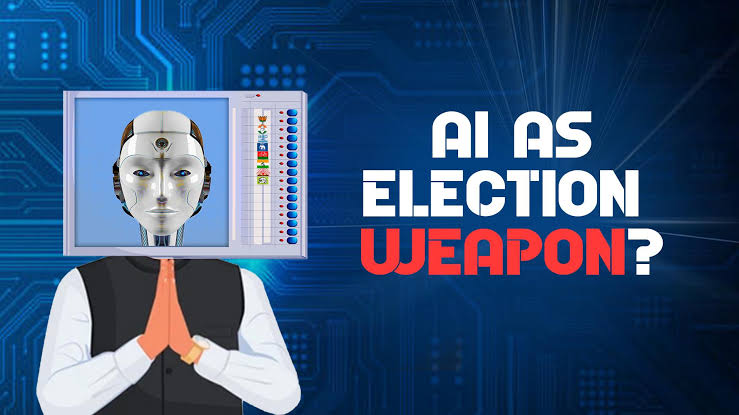How AI Algorithms Could Influence Democratic Elections

How AI Algorithms Could Influence Democratic Elections
AI’s pivotal role in elections: Enhancing or undermining democracy
Introduction:
In recent years, the integration of AI algorithms into various aspects of life has sparked both excitement and concern about their potential impact. The role of AI in democratic elections has become increasingly significant, influencing election processes and outcomes worldwide. This article explores the impact of AI algorithms on democratic elections, highlighting both the benefits and challenges they present.
1. Voter Targeting:
AI tools are used to analyze vast amounts of voter data, such as demographics, voting history, and social media activity, to tailor campaign messages and advertisements. This targeted approach helps political parties and candidates engage with specific voter segments more effectively, potentially increasing voter turnout and support.
Challenges:
– Privacy Concerns: The extensive collection and analysis of voter data raise significant privacy issues, potentially compromising the integrity of the electoral process.
– Manipulation Risks: The secrecy surrounding AI algorithms used for targeting can lead to manipulation and suppression of voter turnout.
2. Campaign Strategy:
AI algorithms assist in devising campaign strategies by analyzing data on voter reactions, targeting specific communities, and generating content. Sentiment analysis of social media and other data sources helps campaigns understand public opinion and craft messages that resonate with voters.
Challenges:
– Bias and Manipulation: AI algorithms are only as good as the data they are trained on. Inaccurate or biased data can lead to misleading outcomes and micro-targeting, potentially fueling social conflicts.
3. Election Prediction:
AI algorithms can predict election outcomes by analyzing historical data, polling results, and economic indicators. These predictions can help political campaigns adjust their strategies and prepare for election results.
Challenges:
– Inaccuracies: Even the most advanced AI models can only provide probabilistic estimates, which can mislead voters and affect their perceptions of the likely election outcome.
Challenges and Concerns:
1. Bias and Discrimination:
AI models can reflect historical biases and discrimination, worsening existing inequalities in the electoral process. For instance, predictive tools might discriminate against certain voter groups based on incomplete data.
2. Lack of Transparency:
The proprietary nature of AI software used in elections limits transparency, making it difficult for the public and officials to understand and assess these algorithms. This opacity can lead to concerns about manipulation and influence over electoral conduct.
3. Privacy and Data Security:
The mass collection of voter data raises ethical questions about privacy and security. During political campaigns, third parties may gather extensive information, putting it at risk of data breaches and misuse.
4. Manipulation and Disinformation:
AI algorithms can be used to spread false information and manipulate public opinion. AI-driven chatbots and fake video clips can disseminate misleading messages, undermining trust in the electoral system.
AI algorithms have the potential to transform democratic elections by improving the voting process and outcomes. However, they also pose significant ethical, legal, and societal challenges that need to be addressed. Policymakers, election managers, and civil society must ensure that AI technology is used transparently and responsibly to uphold the principles of democracy.


